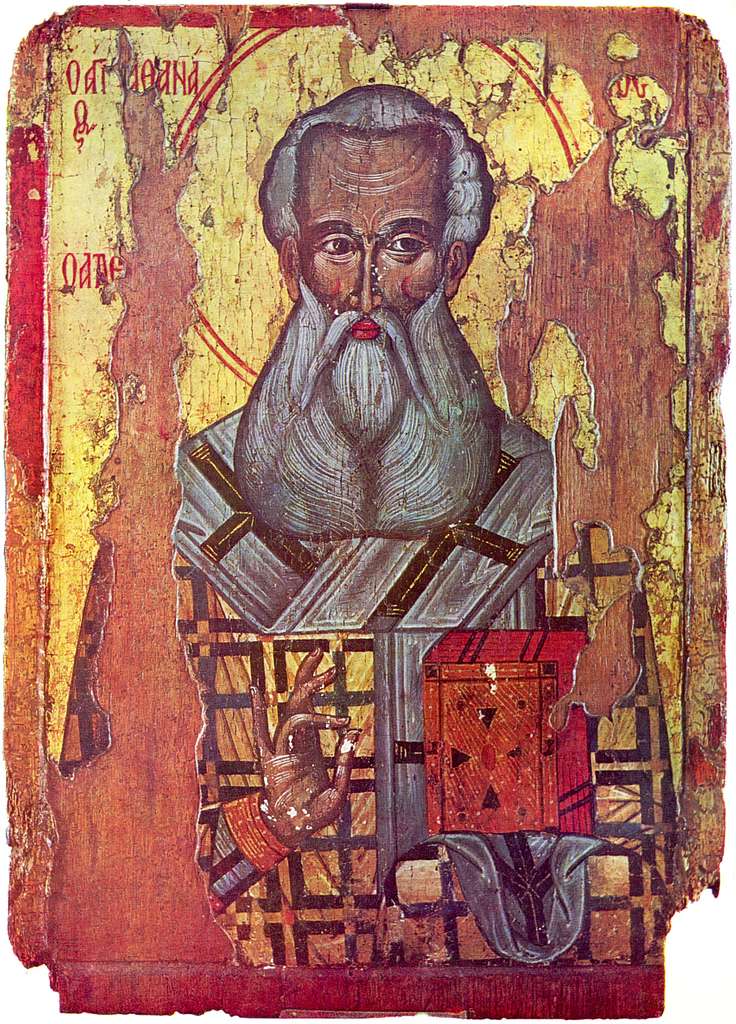The divinity of Jesus is an essential truth of our faith. The words of the Liturgy proclaim that divinity very boldly, especially in the Creed. The Gospels show us time and time again that Jesus came to proclaim his divinity, his oneness with the Father, so as to be the means of salvation. Almost all of his hearers rejected this message, except for all but one of his disciples, and the centurion who noticed that he was the Son of God as he hung dead on the Cross.
The Arians, led by the priest Arius in the third century, also rejected that message – they did not believe in Jesus’ divinity. They believed there was a time before Jesus existed, that he was not consubstantial with the Father, but rather was created by the Father. This position denies the divinity of Christ, which is an unacceptable position for our faith. If Christ is not divine, he has no power to save us, and we are still dead in our sins. God forbid! – And he does forbid it!
St. Athanasius was a great champion of the faith against the harmful teachings of Arius. But it was a hard battle. He was exiled not once but actually five times during the fight against Arius’s teachings. His writings are almost all a great defense of the faith and are so sound that Athanasius was named a Doctor of the Church.
We have St. Athanasius to thank for the wonderful words of our Creed. We often say them, I think, without a whole lot of thought. But we need to remember when we pray the Creed that each of those words was the result of dedicated work, intensive prayer, and hard fought defense against heresy. Because of people like St. Athanasius, we may indeed come to share in the divinity of Christ.
Christ is risen! He is risen indeed! Alleluia!
